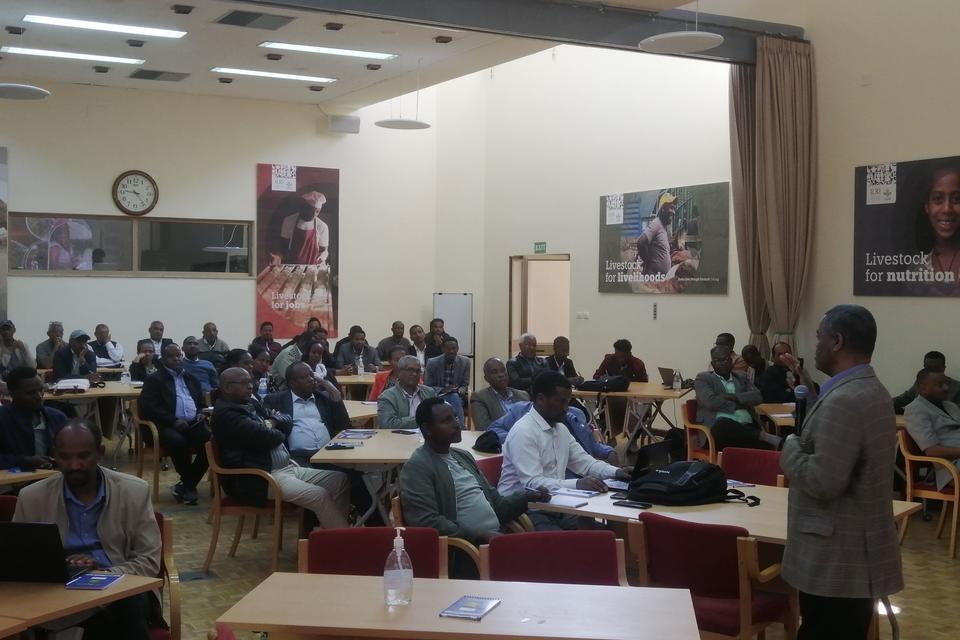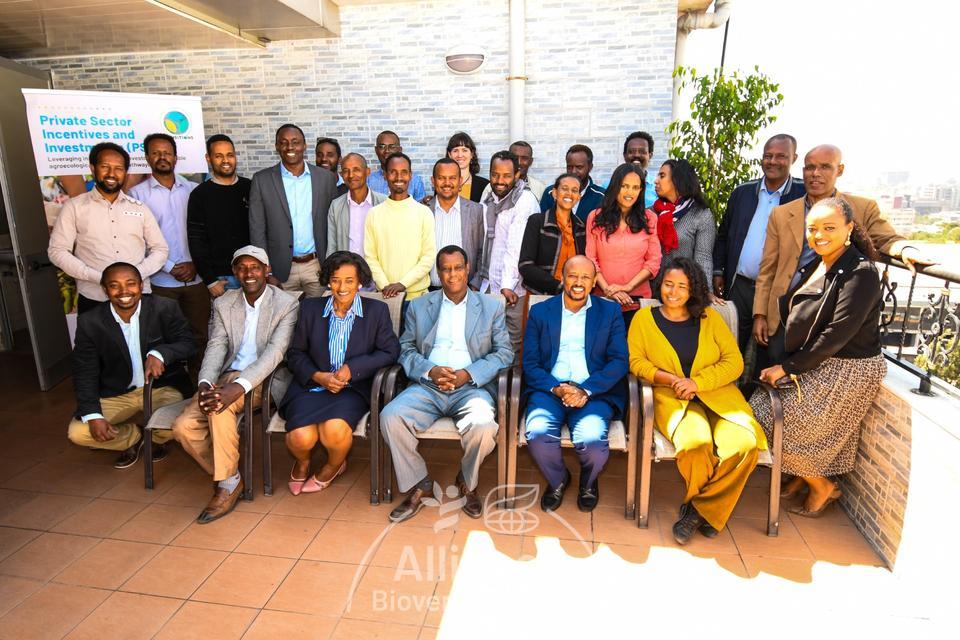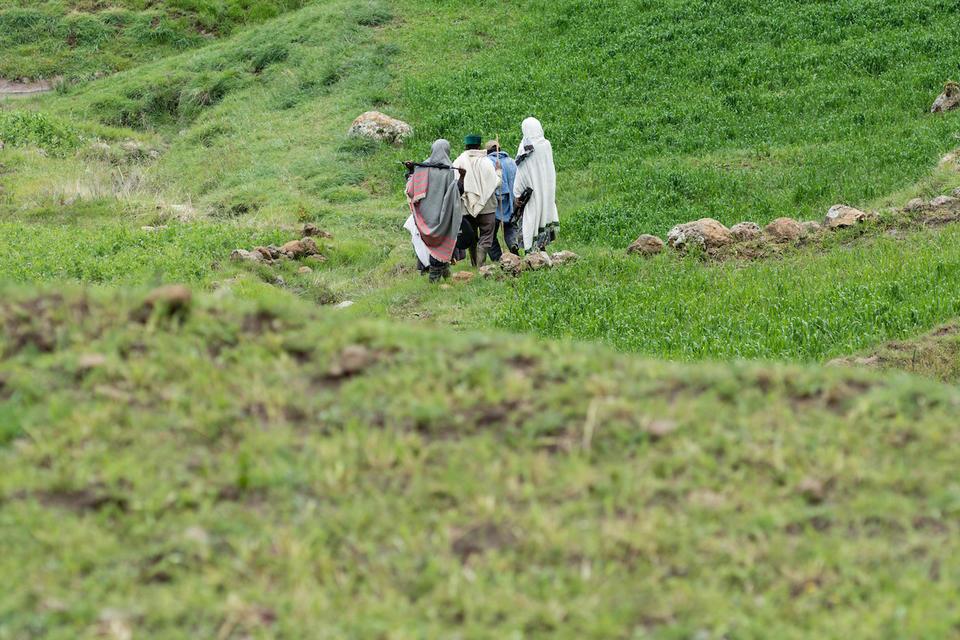Blog Experience sharing in landscape restoration research in Higher Learning Institutions (HLIs) in Ethiopia
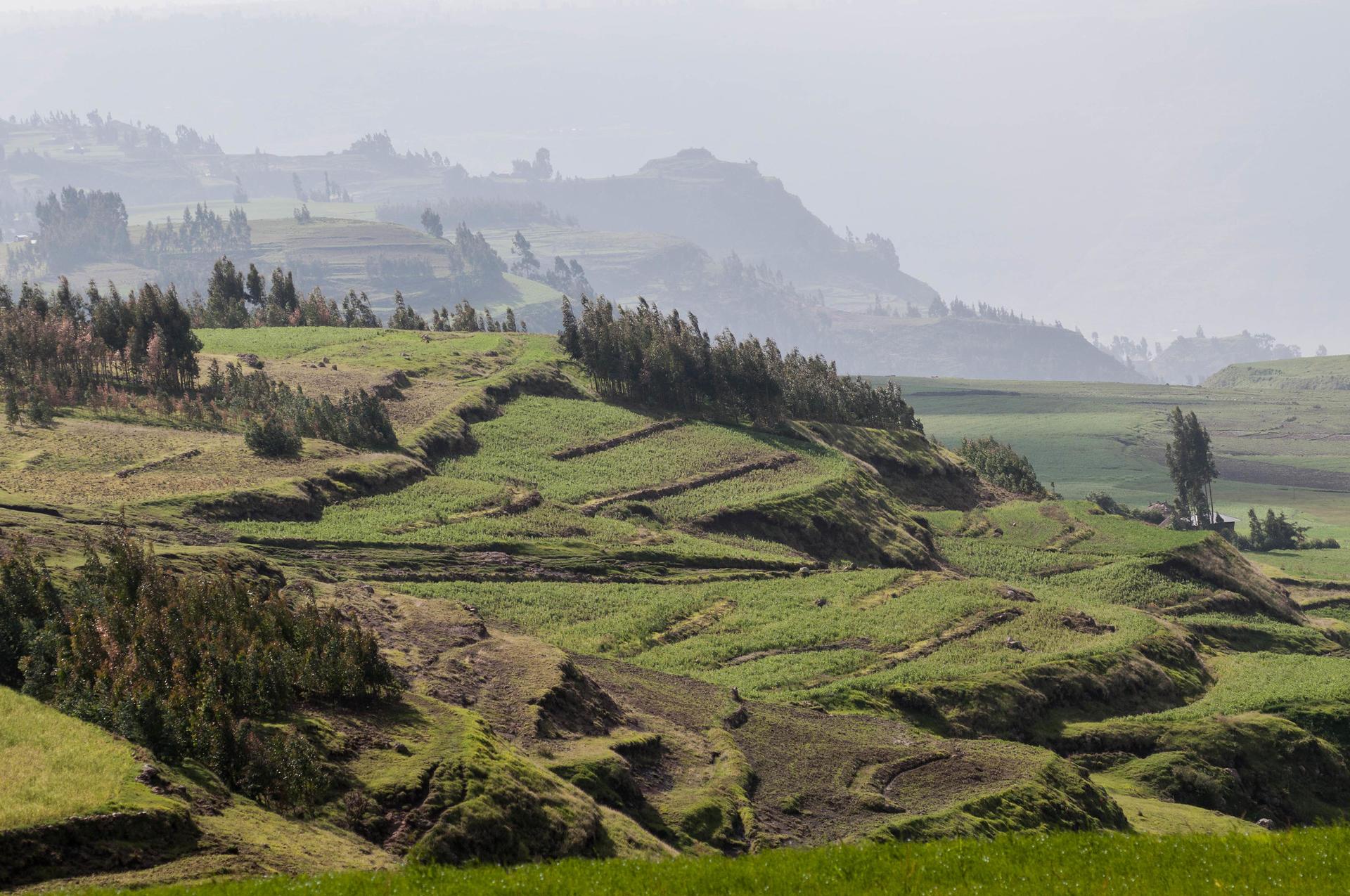
A workshop on experience sharing of landscape restoration activities among higher learning institutions (HLIs) was conducted between December 11 and 12, 2023, in Addis Ababa, Ethiopia. The workshop brought together more than 45 scholars from the Alliance and 16 public universities across the country.
By: Zenebe Adimassu, Berhanu Belay, Degefie Tibebe, Wuletawu Abera, Lulseged Tamene
Land degradation is a serious problem with tremendous consequences on livelihoods and economic growth. Ethiopia is one of the counties affected by land degradation and its associated impacts. Integrated landscape restoration and sustainable land management practices are thus crucial to tackle the problem of land degradation. As a result, landscape restoration has become a component of nature-based solutions, in which universities, research centres, and development partners are engaged. Ethiopian public universities and other research and development organizations in the country are supporting landscape restoration activities to discharge their community engagement responsibilities and mandates. However, the land restoration practices among universities as well as other actors have not been coordinated with limited experience sharing. In addition, the landscape restoration efforts in the country have not been recognized by the public and development organizations, private sector, and donors. There is thus a need to create a forum/platform to share experiences and lessons related to landscape restoration in the country. A first step of this engagement starts with universities who have contributed to the research and development endeavours associated with landscape restoration.
Against the above background, the Alliance of Bioversity International and the International Centre for Tropical Agriculture (CIAT) (Alliance hereafter) in collaboration with the Accelerating the Impacts of CGIAR Climate Research in Africa (AICCRA) Ethiopia project organized a two day workshop on experience sharing of landscape restoration among higher learning institutions (HLIs).The workshop was held between December 11 and 12, 2023, in Addis Ababa, Ethiopia. The workshop brought together more than 45 scholars from the Alliance and 16 public universities across the country including Gondar, Debre-Tabor, Bahir-Dar, Debre-Markos, Injjibara, Wollo, Debre-Berhan, Mekdela-Amba, Mekelle, Ambo, Wachemo, Werabe, Hawassa, Jimma, Haramaya and Wolayita Sodo.
The workshop was facilitated by Dr. Zenebe Adimassu and Prof. Berhanu Belay, independent consultants based in Addis Ababa, Ethiopia. The main objectives of the workshop were to (i) share experiences on landscape restoration among the HLIs and Alliance, (ii) develop partnership and networking for cross learning and experience sharing, (iii) pave the way for the development of knowledge management systems to support national landscape restoration initiatives, (iv) establish platform/community of practice on landscape restoration in Ethiopia.
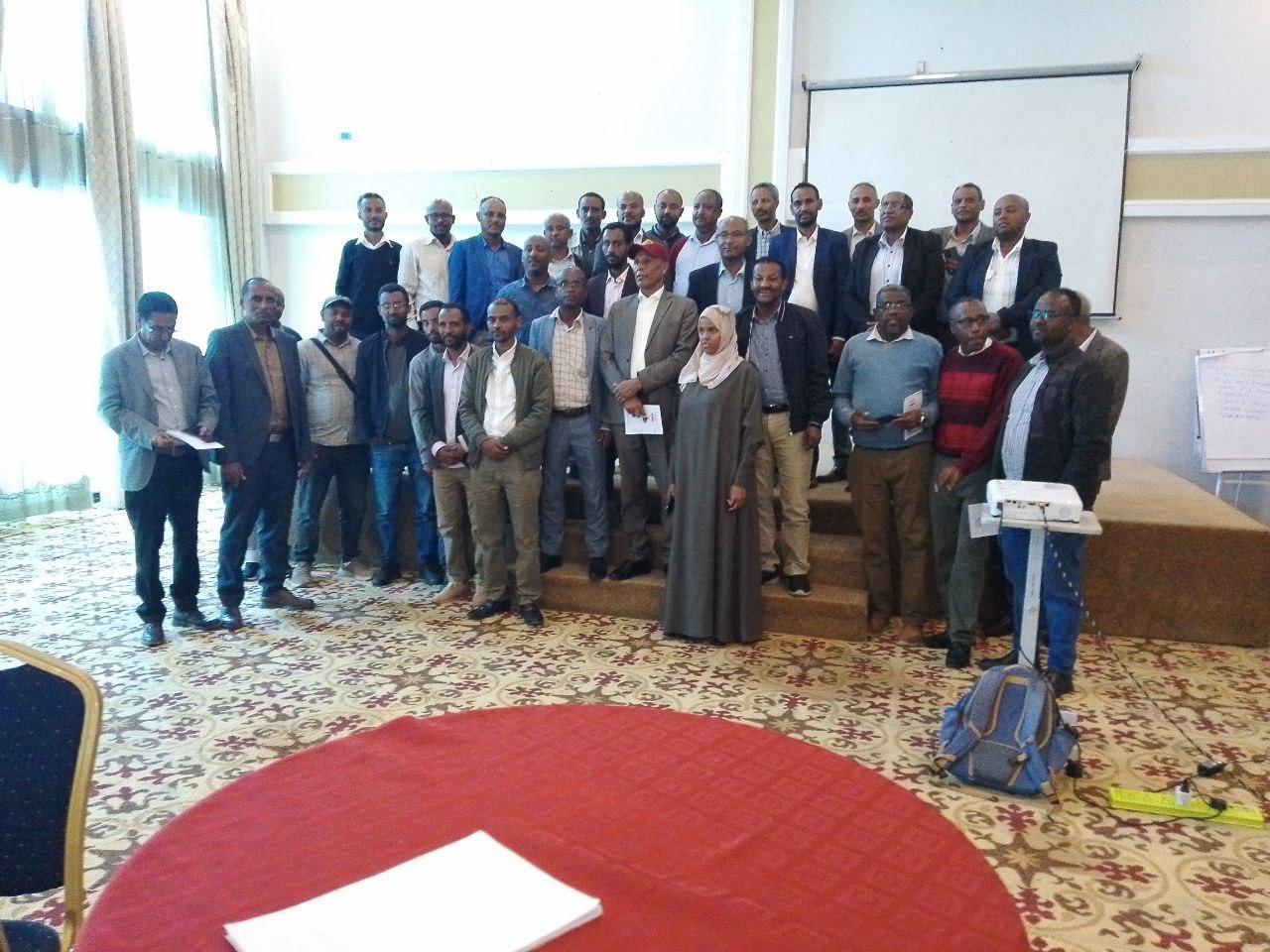
Figure 1. Workshop participants on landscape restoration in Addis Ababa, Ethiopia
Experience sharing in Landscape Restoration
Experience sharing in landscape restoration among higher learning institutions was done through presentations of landscape restoration practices of Alliance and HLIs. In total, 14 presentations were made and featured the following key points.
-
The main rationale for landscape restoration of most HLIs includes a decline in agricultural productivity, land degradation (soil erosion, nutrient depletion, loss of biodiversity), siltation of lakes/reservoirs, and landslides.
-
Universities ran various landscape restoration projects funded by internal and/or external sources from various governmental and non-governmental organizations to discharge their community service mandate and use the landscape restoration sites as learning laboratory by engaging postgraduate and undergraduate students.
-
Universities have governance and administrative structures to practice landscape restoration, and the administrative structure varies among universities.
-
The HLIs employed different types of data and data collection techniques.
-
Building the capacity of implementing institutions and individuals is crucial for effective landscape restoration.
-
Limited technical and financial capacities of institutions are major constraints of landscape restoration interventions.
-
The landscape restoration practices run by development partners, Universities, and research centers have not been shared, and resources are not pooled for a common goal.
-
Key results of landscape restoration activities include increased agricultural productivity, revegetation of degraded landscapes, improved soil health, reclamation of gullies, reduction in soil erosion, and the reduction in sedimentation of lakes and use of landscape restoration as a learning laboratory.
Establishment of Ethiopian Land Restoration Platform (ELaRP)
Based on the experiences and discussions during the two-day workshop, the participants decided to establish the Ethiopian Landscape Restoration Platform (ELaRP) with the objectives of sharing experiences in landscape restoration, developing/standardizing landscape restoration approaches, improving the quality of landscape restoration research, generating evidence on landscape restoration research, supporting the national landscape restoration initiatives and managing knowledge in landscape restoration in Ethiopia. This platform is the first of its kind in the country. Accordingly, a steering committee comprising five members (one from the Alliance and four from HLIs) was formed to work on the details of the future activities of the platform, including formulation of landscape restoration strategy, bylaws, and action plan of the new platform (Ethiopian Landscapes Restoration Platform, ELaRP).
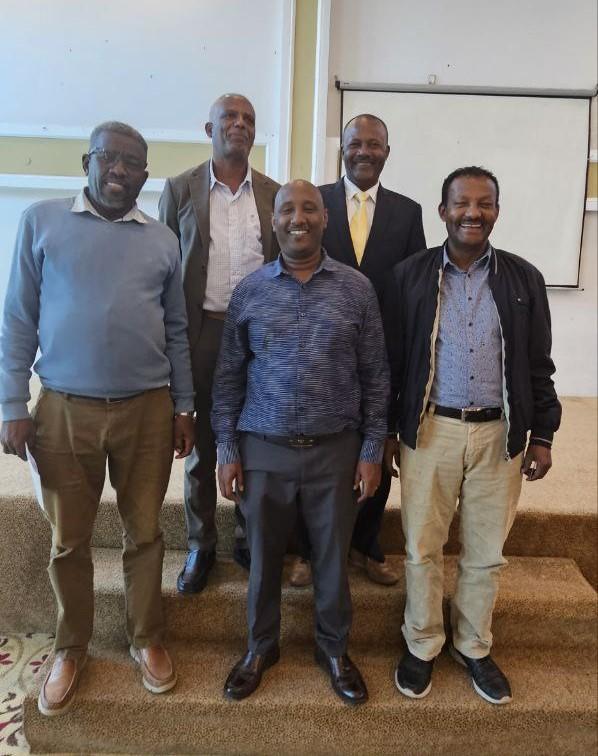
Figure 2. Steering committee members of Ethiopian Landscape Restoration Platform
Home take messages
-
The workshop participants agreed to share their experiences and the formation of ELaRP with the respective top management and landscape restoration committee to ensure transparency and contribute to ELaRP.
-
There is a need for standardization of landscape restoration research in the country. The two-day experience sharing in LR showed that inconsistent and various research approaches, data types, and data collection and processing approaches, existed among the various HLIs. Dr. Mulugeta Dadi associate professor and researcher in landscape restoration from Hawassa University said that ’’ non-standardized way of landscape restoration research makes difficult to synthesize data from landscape restoration efforts across the country. Hence, it is important to develop standard guidelines in the design of landscape restoration research activities, data to be collected, analysis and reporting formats’’.
-
Dr. Solomon Tulu, Dean of Collage of Agriculture and Veterinary Sciences at Jimma University said that ‘’evidence generation and knowledge management in landscape restoration are essential to generating, storing, processing, and using knowledge in landscape management and policy advice in the country and beyond’’ Hence participant scholars suggested to conduct regular workshops and develop web-based tools to generate and manage knowledge in landscape restoration.
-
‘’Partnership and collaboration in landscape restoration is key to mobilize resources, promote scaling of good practices, increase trust, improve communication, increase participation, increase legitimacy and provide opportunities to learn from each other’’, said Dr. Kassa Shawel, Vice President of Mekdlela-Amba University .
-
In his workshop closing speech, Professor Enyew Adgo, the vice president for research and community service and a principal researcher in landscape restoration from Bahirdar University noted that ‘’this is the first time that brought together scholars from the different places including university professors drawn from the alliance and different public universities. He also stated that ‘’experience sharing and establishment of ELaRP will be beneficial in the future to strengthen landscape restoration research and development in Ethiopia and beyond’’.
The Team
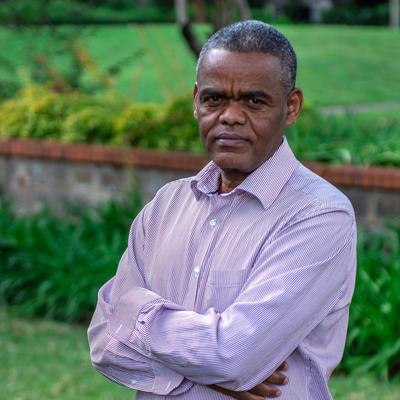
Lulseged Desta
Director, Multifunctional Landscape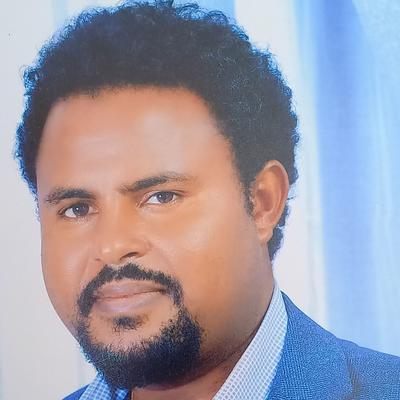
Wuletawu Abera
Senior Scientist, Country Representative for Ghana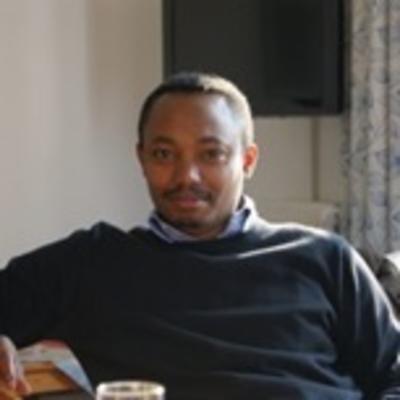
Degefie Tibebe
Spatial AnalystAcknowledgement
This experience sharing workshop on landscapes restoration in Ethiopia was supported by Accelerating the Impact of CGIAR Climate Research for Africa (AICCRA) Ethiopia Project.
See Also
